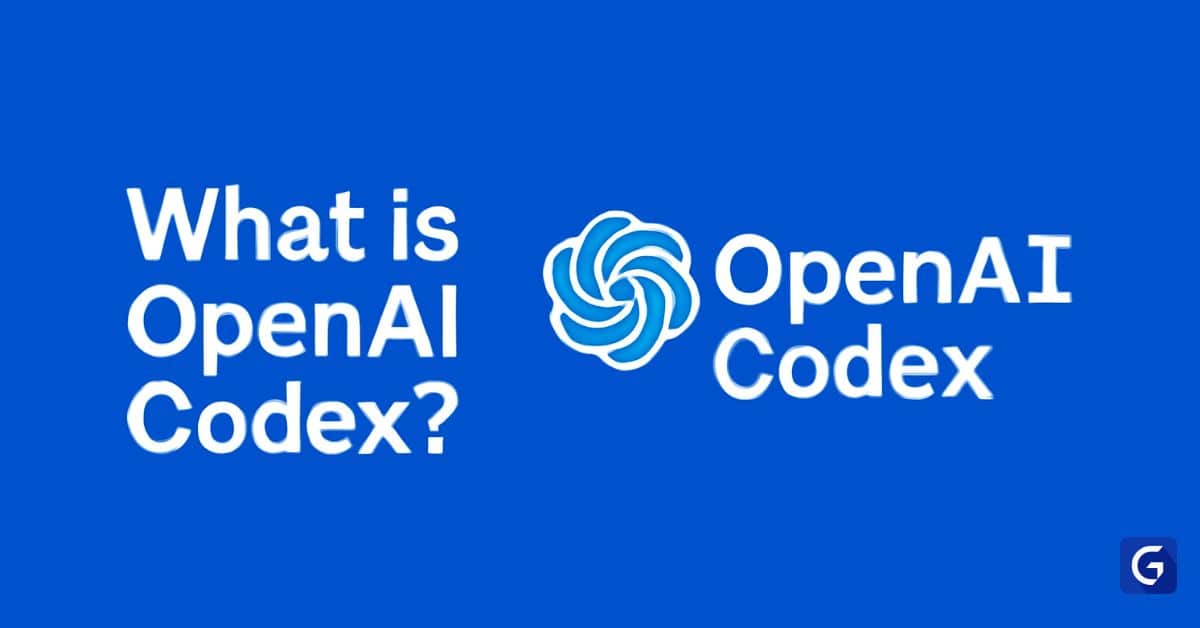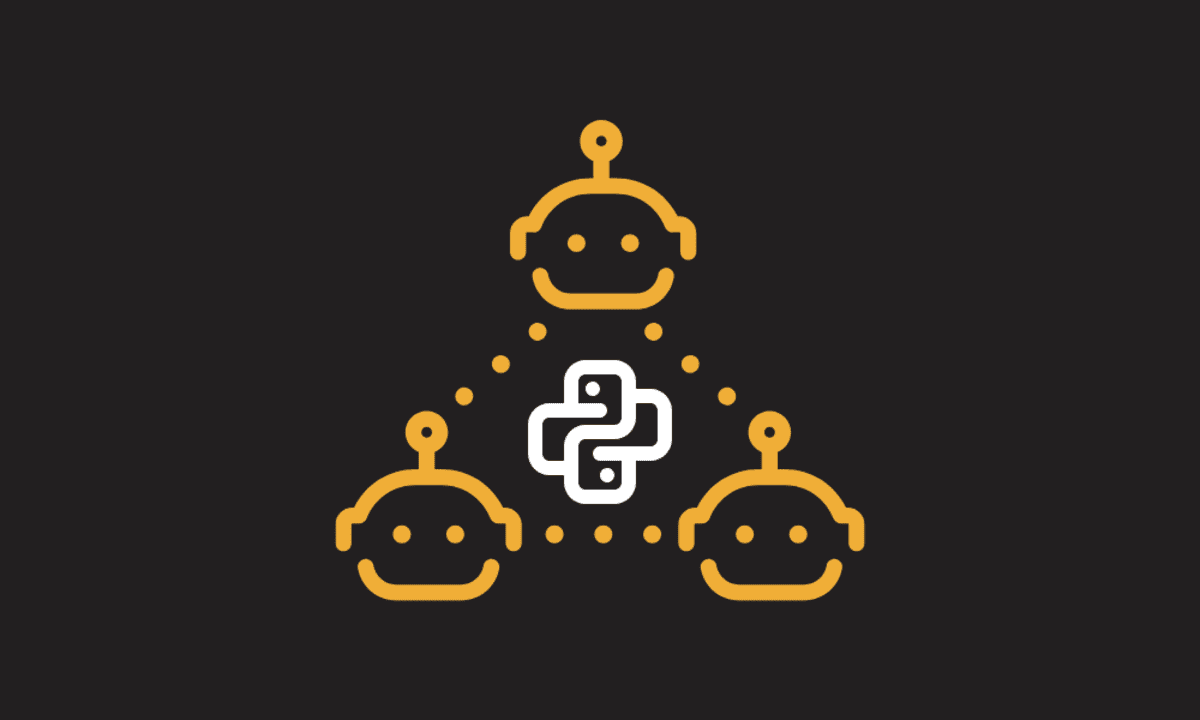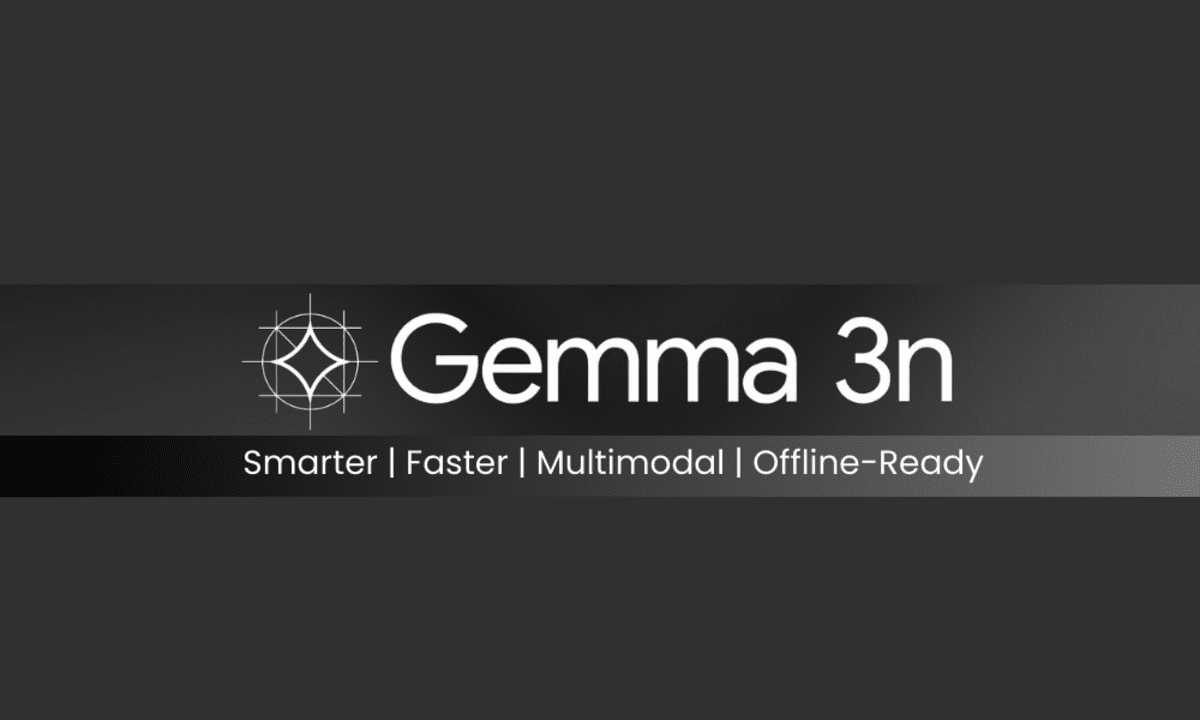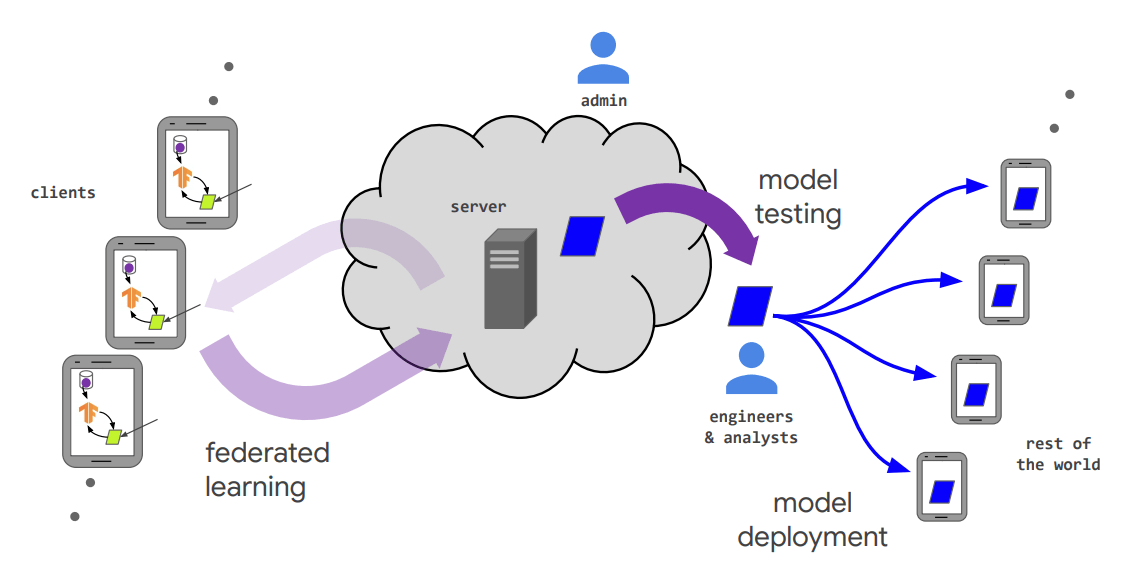Researchers from the National University of Singapore Introduce ‘Thinkless,’ an Adaptive Framework that Reduces Unnecessary Reasoning by up to 90% Using DeGRPO
The effectiveness of language models relies on their ability to simulate human-like step-by-step deduction. However, these reasoning sequences are resource-intensive and can be wasteful for simple questions that do not require elaborate computation. This lack of awareness regarding the complexity of the task is one of the core challenges in these models. They often default […] The post Researchers from the National University of Singapore Introduce ‘Thinkless,’ an Adaptive Framework that Reduces Unnecessary Reasoning by up to 90% Using DeGRPO appeared first on MarkTechPost.

The effectiveness of language models relies on their ability to simulate human-like step-by-step deduction. However, these reasoning sequences are resource-intensive and can be wasteful for simple questions that do not require elaborate computation. This lack of awareness regarding the complexity of the task is one of the core challenges in these models. They often default to detailed reasoning even for queries that could be answered directly. Such an approach increases token usage, extends response time, and increases system latency and memory usage. As a result, there’s a pressing need to equip language models with a mechanism that allows them to make autonomous decisions about whether to think deeply or respond succinctly.
Current tools attempting to solve this issue either rely on manually set heuristics or prompt engineering to switch between short and long responses. Some methods use separate models and route questions based on complexity estimates. Still, these external routing systems often lack insight into the target model’s strengths and fail to make optimal decisions. Other techniques fine-tune models with prompt-based cues like “reasoning on/off,” but these rely on static rules rather than dynamic understanding. Despite some improvements, these approaches fail to enable fully autonomous and context-sensitive control within a single model.
Researchers from the National University of Singapore introduced a new framework called Thinkless, which equips a language model with the ability to dynamically decide between using short or long-form reasoning. The framework is built on reinforcement learning and introduces two special control tokens— The methodology involves two stages: warm-up distillation and reinforcement learning. In the distillation phase, Thinkless is trained using outputs from two expert models—one specializing in short responses and the other in detailed reasoning. This stage helps the model establish a firm link between the control token and the desired reasoning format. The reinforcement learning stage then fine-tunes the model’s ability to decide which reasoning mode to use. DeGRPO decomposes the learning into two separate objectives: one for training the control token and another for refining the response tokens. This approach avoids the gradient imbalances in earlier models, where longer responses would overpower the learning signal, leading to a collapse in reasoning diversity. Thinkless ensures that both When evaluated, Thinkless significantly reduced long-form reasoning while preserving high accuracy. On the Minerva Algebra benchmark, the model used the Overall, this study from the National University of Singapore researchers presents a compelling solution to the inefficiencies of uniform reasoning in large language models. By introducing a mechanism that enables models to judge task complexity and adjust their inference strategy accordingly, Thinkless optimizes both accuracy and efficiency. The method balances depth of reasoning and response precision without relying on fixed rules, offering a data-driven approach to more intelligent language model behavior.
Check out the Paper and GitHub Page. All credit for this research goes to the researchers of this project. Also, feel free to follow us on Twitter and don’t forget to join our 95k+ ML SubReddit and Subscribe to our Newsletter.
The post Researchers from the National University of Singapore Introduce ‘Thinkless,’ an Adaptive Framework that Reduces Unnecessary Reasoning by up to 90% Using DeGRPO appeared first on MarkTechPost.






































![[The AI Show Episode 148]: Microsoft’s Quiet AI Layoffs, US Copyright Office’s Bombshell AI Guidance, 2025 State of Marketing AI Report, and OpenAI Codex](https://www.marketingaiinstitute.com/hubfs/ep%20148%20cover%20%281%29.png)


![[The AI Show Episode 146]: Rise of “AI-First” Companies, AI Job Disruption, GPT-4o Update Gets Rolled Back, How Big Consulting Firms Use AI, and Meta AI App](https://www.marketingaiinstitute.com/hubfs/ep%20146%20cover.png)



















































































































































































